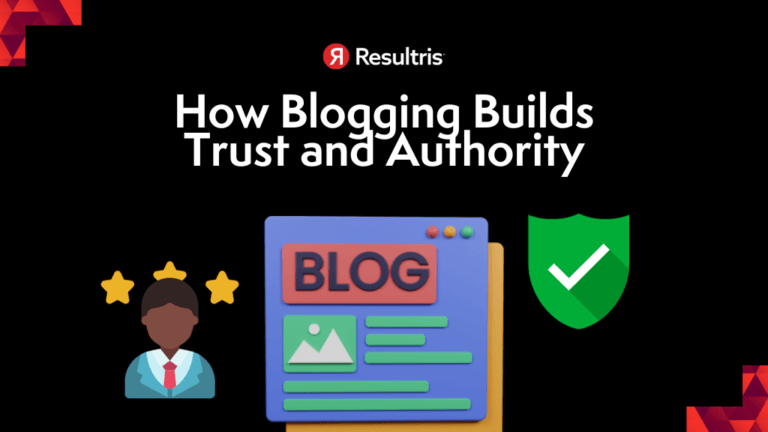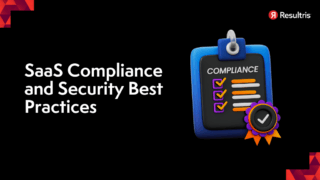

Blogging builds trust and authority by consistently showcasing expertise, offering value to readers, enhancing online visibility through SEO, establishing two-way communication, personalizing the brand, and leveraging social proof like testimonials and collaborations.
Regular, high-quality content demonstrates knowledge, engages audiences, and positions a brand as a trusted industry leader.
Show, don’t just tell. That’s the mantra of many influential bloggers.
Building trust is all about being open.
Predictability fosters trust.
? Looking to Amplify Your Brand? ?
Elevate your online presence with our expert Blog Writing Services. Get engaging, high-quality content tailored for your business.
Generosity breeds loyalty.
It’s not just about broadcasting; it’s about conversation.
Being seen as a trusted source by search engines can bolster human trust.
People trust people, not faceless entities.
Let others do the talking.
For business owners, a blog isn’t just an add-on; it’s a necessity. Blogging offers a platform to demonstrate expertise, connect with audiences, and solidify your position in the industry.
By maintaining quality, consistency, and engaging content, your business doesn’t just create readers; it builds advocates and loyal customers. In the vast digital sea, let your blog be the beacon that draws people towards the trusted shores of your brand.
Are you considering integrating a blog into your business strategy? Our expert content writing services are here to help. Dive into the blogging world with us and watch your trust and authority grow.
Here, we address some common questions about building trust and authority through blogging. These answers offer insights, practical advice, and the essential steps to help create a trustworthy and authoritative blog in your industry.
Publishing consistently is key to building an engaged audience, but the frequency can vary depending on your niche and the time you can commit to creating quality content. Aim for at least one blog post per week, and ensure you maintain a schedule to foster trust and reliability with your audience.
Focus on creating content that offers valuable insights, addresses your audience’s pain points, and answers their questions. Incorporate personal stories, use data-backed claims, and cover trends and news in your industry. A mix of well-researched articles, detailed guides, and thought-provoking opinion pieces can help establish you as an authority in your field.
Listen to your target audience, analyze their questions, and identify their needs. Monitor relevant online forums, social media discussions, and competitor blogs. Tools like Google Trends and keyword research can also help uncover industry interest topics, ensuring your content stays relevant and engaging.
Track key performance indicators (KPIs) such as traffic, engagement metrics (comments, social shares, and time spent on page), conversions (newsletter signups, product sales), and search engine rankings. Analyze this data to understand the performance of your content, and continually refine your strategy to optimize your blog’s effectiveness in building trust and authority.
Optimize your content for search engines using SEO best practices, share your blog posts on social media platforms, and network with influencers in your industry. You can also participate in relevant online forums or communities, submit guest posts to high-authority websites, and utilize email marketing to reach a wider audience.




